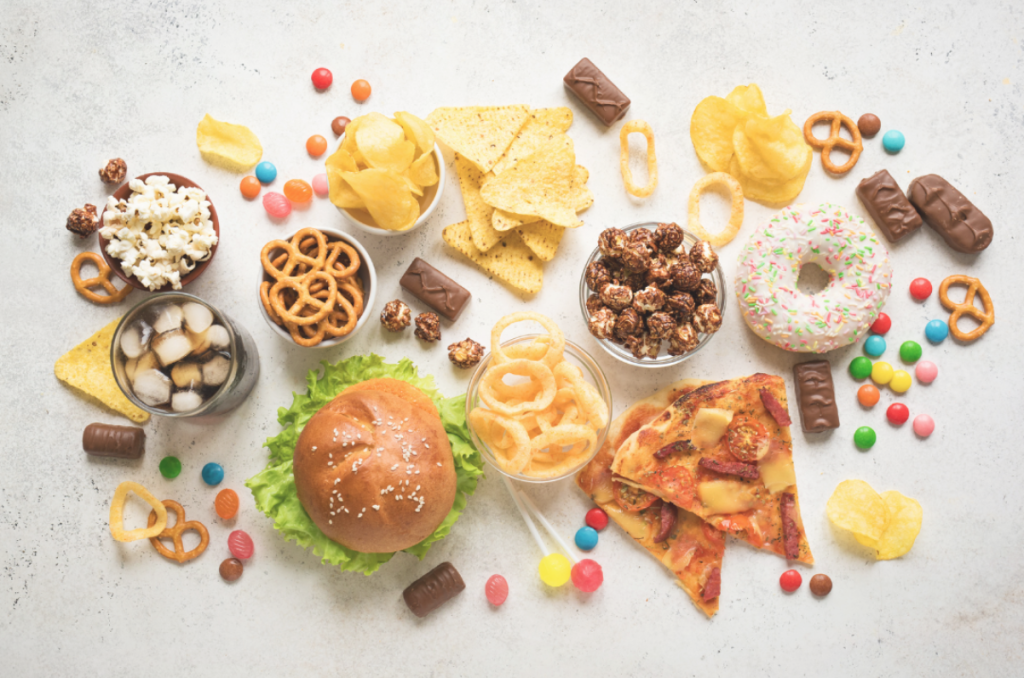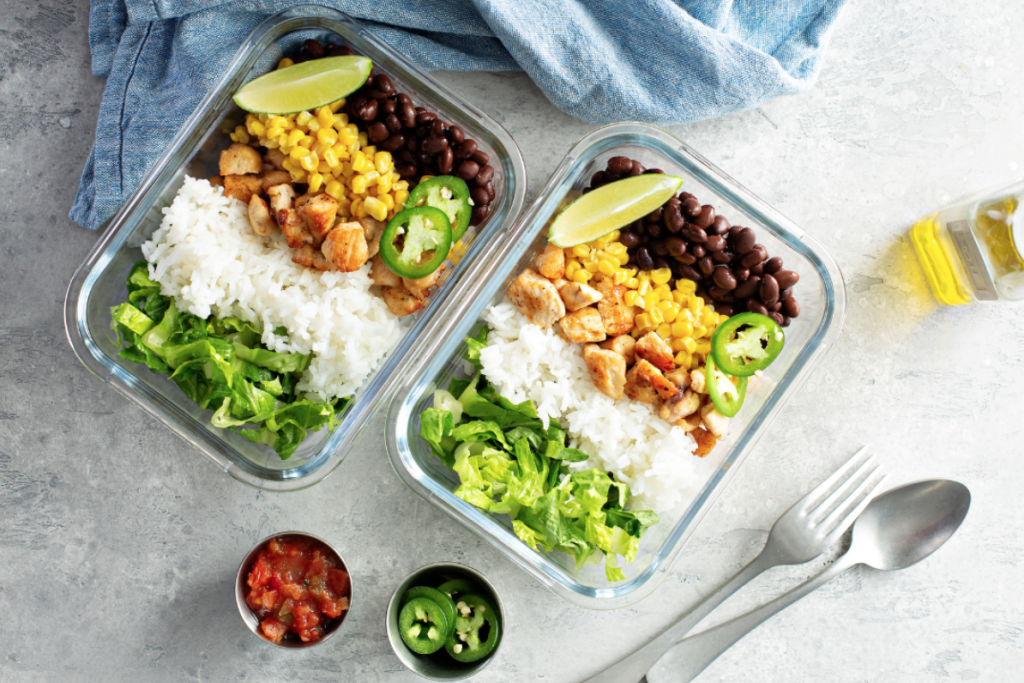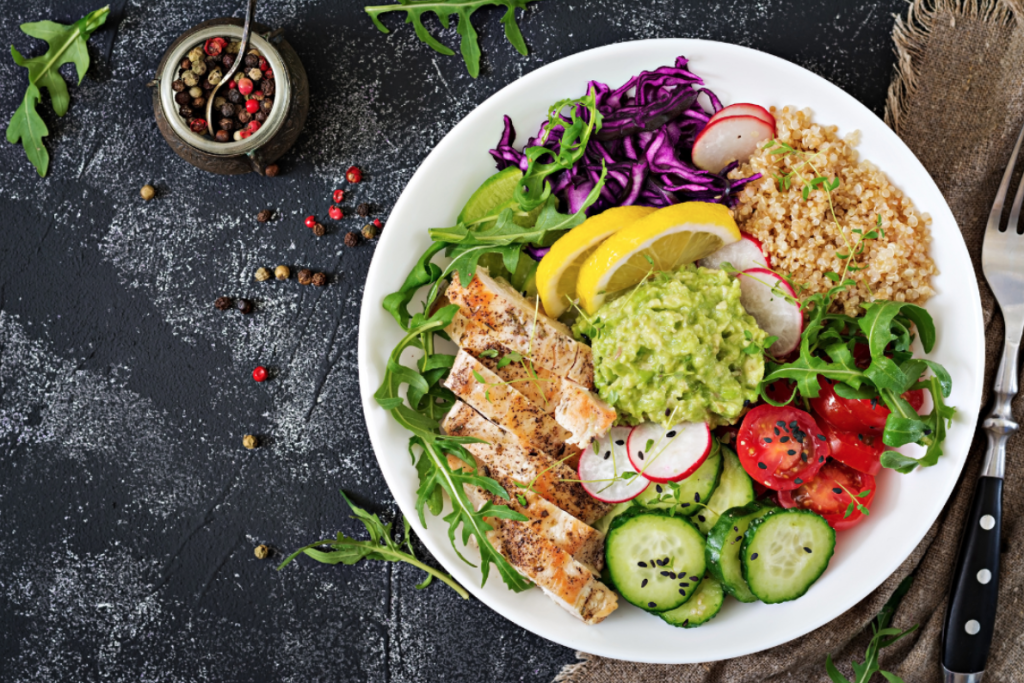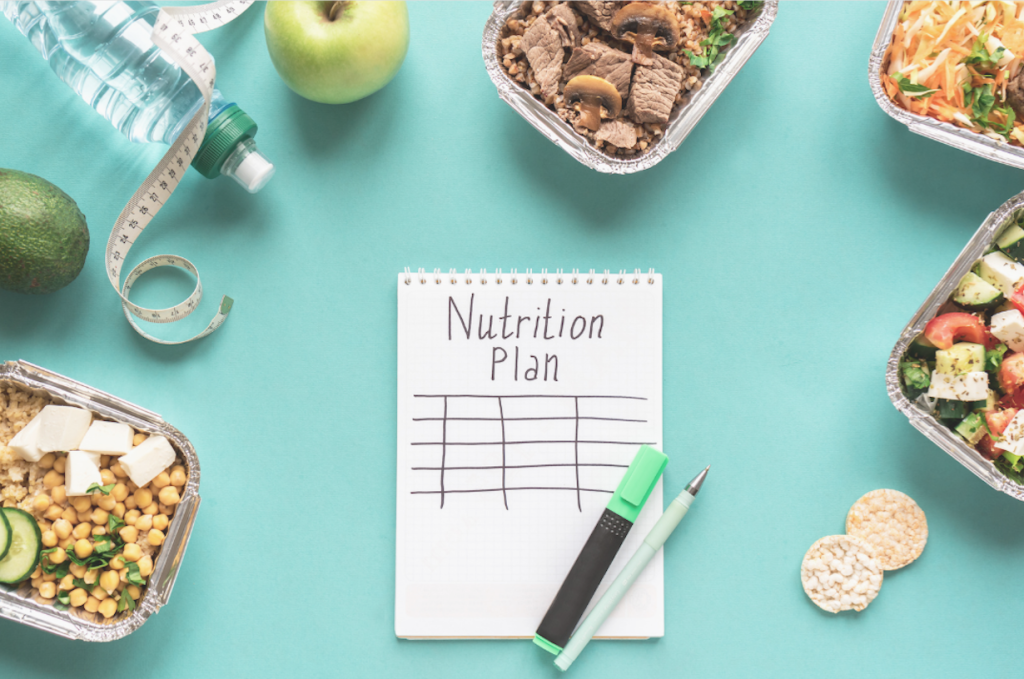Nutrition
5 Healthy Weight Loss Tips That Actually Work
Most diets that are seen circulating on social media, such as Keto, Carnivore, and Juice diets are prime examples of FAD diets. FAD diets promise rapid health results such as weight loss, but are often not backed by science and while they may provide short term success, they are generally unsustainable in the long term for most individuals. Whilst we all wish there was a magic diet, unfortunately this isn’t the case, and if it sounds too good to be true, it probably is.
It is important to understand that weight loss is not a linear or quick journey for anyone. Sustainable weight loss takes a lot of hard work, dedication and time. So let’s dive into 5 weight loss tips from a Nutritionist that actually work, to help you achieve your long term goals.
1. Be prepared to make changes
Something that often stops people from achieving their goals is that they aren’t committed to making the dietary or lifestyle changes that are required. These changes don’t have to be drastic or happen overnight, but they are inevitable. Small but frequent changes are generally what counts the most.
Making SMART goals is often the difference between success and failure. SMART stands for Specific, Measurable, Achievable, Relevant, and Time-Bound. Goals that follow the SMART acronym are more sustainable and easier to achieve. For example, instead of making the goal to cut out all sugar forever (which is very restrictive, next to impossible, and not fun for anyone), try making the goal to swap a sugar laden afternoon snack such as a tea with 2 sugars and biscuits, for a tea with 1 sugar and a homemade bliss ball, then to a tea with no sugar at all! After you are confident you have broken this habit and nailed the goal, you can begin to work on other habits.
2. Swap out the refined carbohydrates
This isn’t your sign to eliminate all carbohydrates from your diet. Carbohydrates are an extremely important macronutrient that our body needs to survive. In fact, it is our bodies preferred energy source. Complex carbohydrates such as those found in oats, beans, quinoa, whole grains, fruits and vegetables should be included in a healthy balanced diet as they contain high amounts of fibre and nutrients. Fibre is essential to gut health and helps to keep us full throughout the day.
On the other hand, refined carbohydrates such as white bread, pastries, many breakfast cereals, and biscuits should be kept to a minimum if weight loss is your goal. This is not to say that you should never eat them, but as they are highly processed they contain almost no nutrients or fibre. These can also be known as ‘empty calories’, as they are high in calories but lack any beneficial nutrients. Remember, moderation is key.

3. Include protein and healthy fats at every meal
Yes, I said fats! Healthy fats, such as those found in avocado, extra virgin olive oil, nuts, and oily fish are essential for brain function, heart health and glowing skin, but also help to keep us full. However, fats per gram contain the most calories out of all macronutrients, so overconsumption can prevent successful weight loss. Generally, it is recommended to include a thumb-sized amount at each main meal.
Including a protein source at every meal is also important, as it is the most satiating (filling) macronutrient. If weight loss is your goal, aim for lean protein sources such as chicken, beans, legumes, tofu and tempeh. The recommended serving at each meal is around a palm sized amount. Having both protein and fat at each meal will prevent hunger and mindless snacking throughout the day.
4. Meal prepping
Meal prep can be a game changer to help you stay on track throughout the week. When you are tired after a long day at work, the last thing you want to be doing is cooking up a meal for the family and takeaway is usually the most enticing option. However, most takeaway options often contain high amount of calories, processed carbohydrates and minimal vegetables.
Meal prepping on your days off can make lunch and dinner time easier. Cooking one or two meals in advance, or making bulk staple items such as brown rice or roasted vegetables that you can warm up throughout the week makes you more likely to continue eating well.

5. You don’t need to count calories to lose weight
Counting calories works for some people, but can be triggering or too time consuming for others, and it isn’t essential for effective weight loss. Of course being mindful of what you are consuming and the exercise you are doing is important, as we still need to be expelling more calories than we are consuming, but knowing the specific number of calories isn’t necessary.
By following a healthy eating plate model, you can monitor how you serve up your meals. This model involves serving half of the plate with vegetables or salad, a quarter with a quality protein source, and the remaining quarter with complex carbohydrates. A fat source is then usually added by cooking with olive oil, or adding avocado, nuts or seeds. Following this model ensures each meal is balanced in terms of macronutrients.
Instead of counting calories, try these hacks to tweak what you are already consuming:
- Use a smaller plate to regulate portion sizes
- Swap white carbohydrates for legume based or lower calorie options that are richer in fibre and lower in calories
- Instead of ½ a plate of rice, pasta or other carbohydrates, serve ¼ plate of carbs, ¼ plate protein and ½ plate of vegetables.
- Reduce the amount of cooking oils you use

In summary
Weight loss can be challenging and overwhelming, but working with a professional to reach your individual goals often achieves the best results. If you feel ready and want to work with a professional to achieve your weight loss or health goals, book in an appointment with one of our Nutritionists. Remember, it is what we do most of the time that matters, and enjoying our favourite “unhealthy” foods every so often is healthy in moderation!



